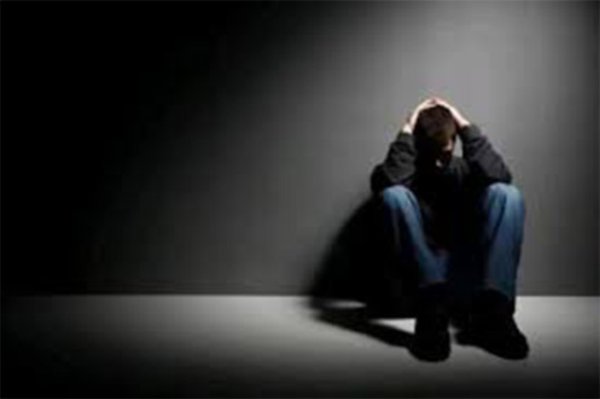Nine students have died this semester at the University of Southern California. Three of the deaths were confirmed as suicides.
But USC is far from the only university struggling to meet the mental health needs on their campuses.
Locally, the University of Pennsylvania also has struggled with suicide within its campus community. Penn's head of counseling and psychological services died by suicide earlier this year. And since 2013, 14 Penn students also have died by suicide.
And according to a recent Associated Press examination of 39 public universities, college students are seeking treatment for anxiety, depression and other mental health issues at a rate their campus counseling centers have difficulties managing.
WHAT'S GOING ON?
This surge in demand for counseling services is not simply due to increases in enrollment, according to the AP. At some of the universities included in its review, enrollment changed very little while the number of students seeking treatment almost doubled.
Rather, the increased demand is due to an increased rate of mental health diagnoses, such as anxiety disorder and depression. It's also partly due there being less stigma attached to mental health illnesses. More students having difficulties managing stress or coping with traumatic events, such as mass shootings, also may be factors.
Universities have responded by expanding their mental health services, but some students continue to wait weeks for an appointment and staff become burned out.
- MORE ON MENTAL HEALTH
- Fall is in full form and, for many, so is seasonal depression
- Cannabis use could help mitigate depression, suicidal thoughts among those with PTSD, study shows
- Lindsey Vonn opens up about her depression at millennial health forum
"It's an incredible struggle to be honest," Jamie Davidson, associate vice president for student wellness at the University of Nevada, Las Vegas told the AP. University of Nevada has 11 licensed counselors for 30,000 students, but it is still not enough.
"It's stressful on our staff and our resources, Davidson added. We've increased it, but you're never going to talk to anyone in the mental health field who tells you we have sufficient resources."
The number of college students being treated at counseling clinics or health centers for mental health issues grew by 35% among the 39 schools that provided five years of statistics to the AP. Yet, total enrollment only increased by 5%. During the same five-year time span, the number of counselors only grew from an average of 16 licensed therapists to an average of 19.
Most of the universities reported that they would see a student in crisis right away, but for everyone else the wait for an appointment could be more than a month.
STUDENTS SPEAK OUT
At some universities, students have petitioned for better counseling services. At the University of Maryland, a campaign was called "30 Days Too Late," criticizing the fact that it could take 30 days or more to get an initial appointment.
"We quickly realized that there were a lot of people on campus who believed in what we were doing and had had their own experiences," Garrett Mogge, a junior involved in the campaign, told the AP. "Thirty days can be a long time. And once you get there, it's too late for some people."
The university has hired more staff since the campaign began.
Changes also have been made at Penn, which was not among the universities examined in the report.
Penn has expanded its counseling center's hours, reducing wait time for appointments, According to The Philadelphia Inquirer. There are also counselors stationed in some of the individual schools at the university. In addition Penn hired its first "chief wellness officer" last year to focus on mental health issues on campus.


